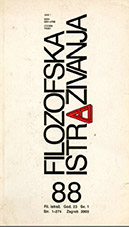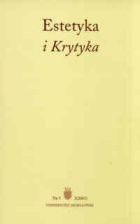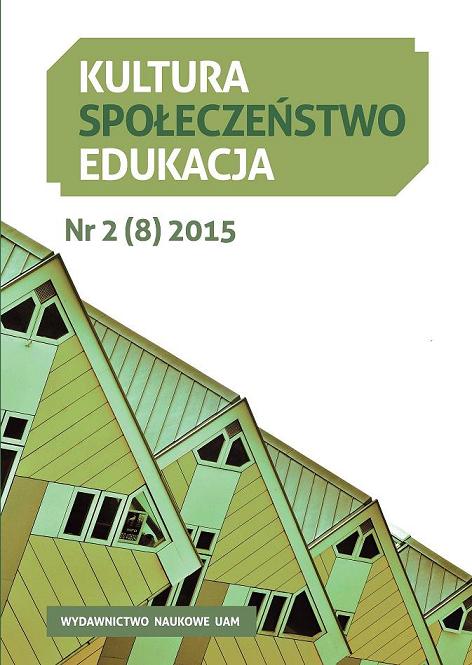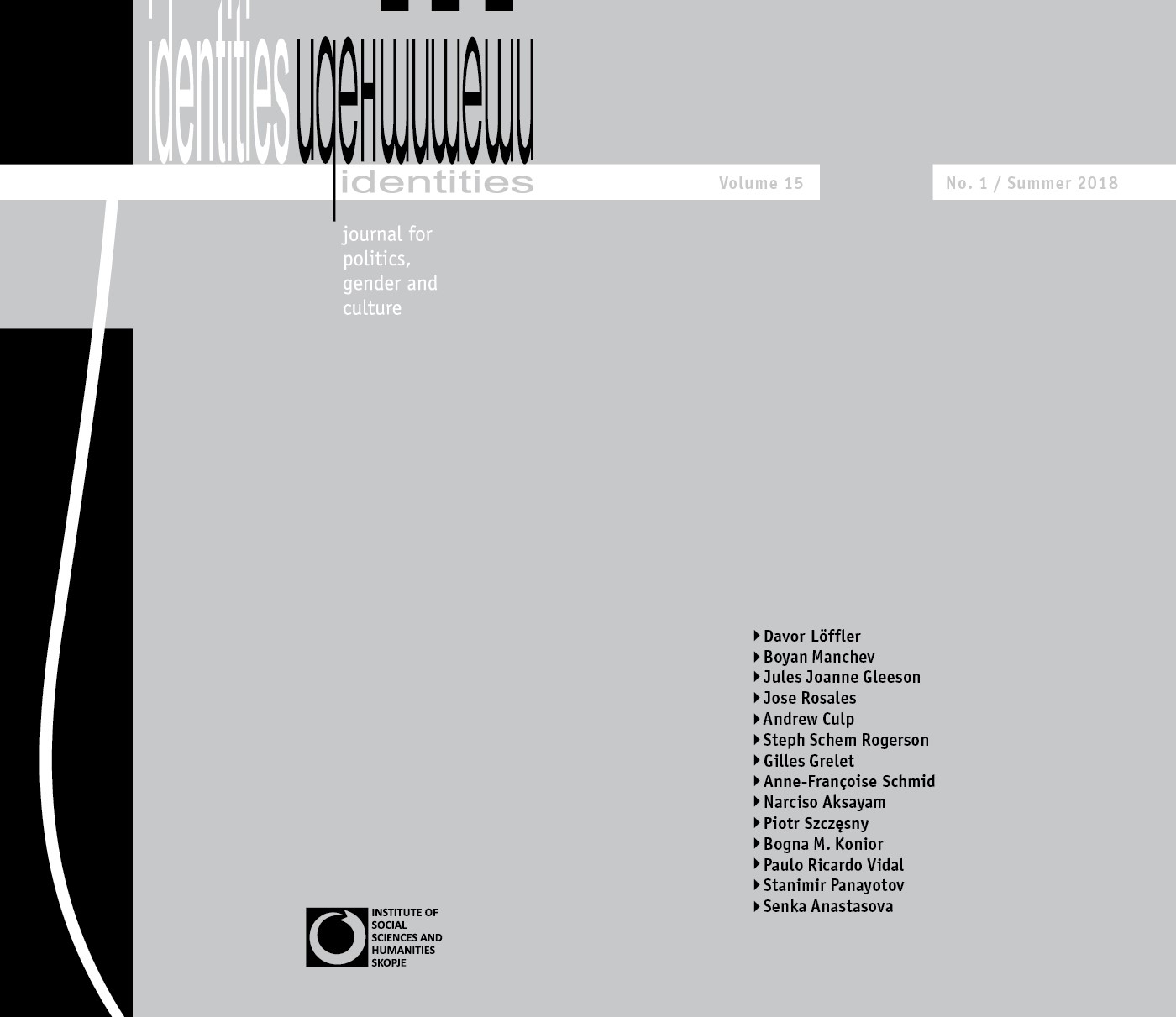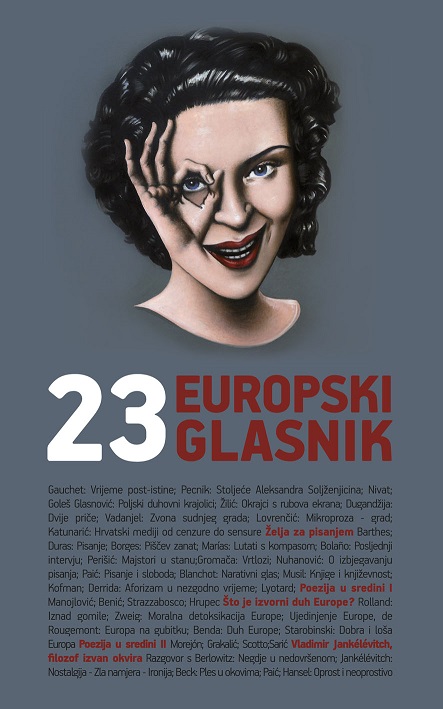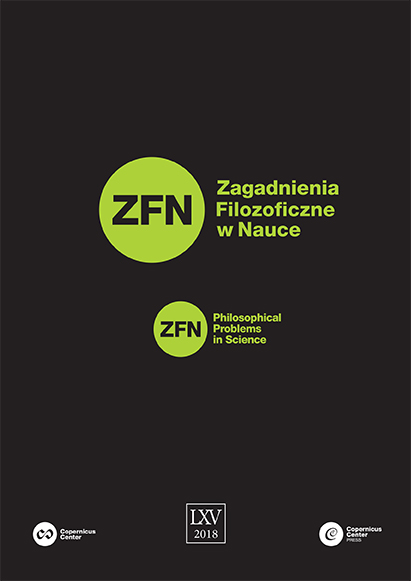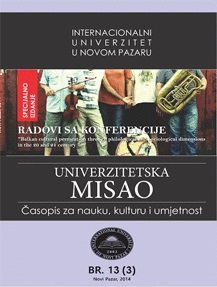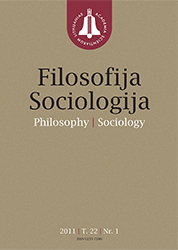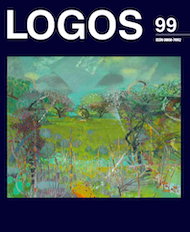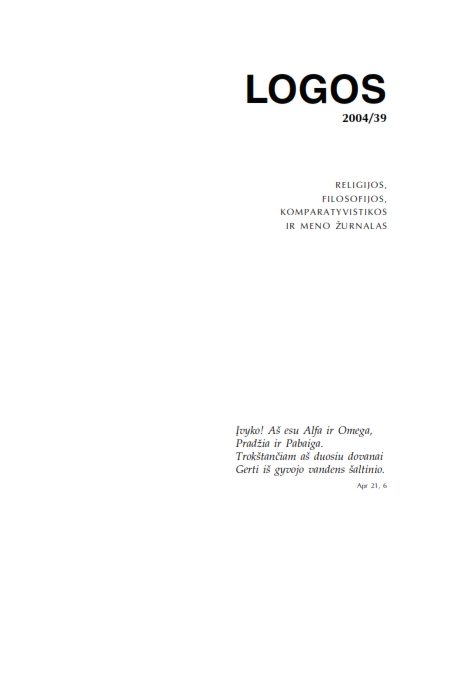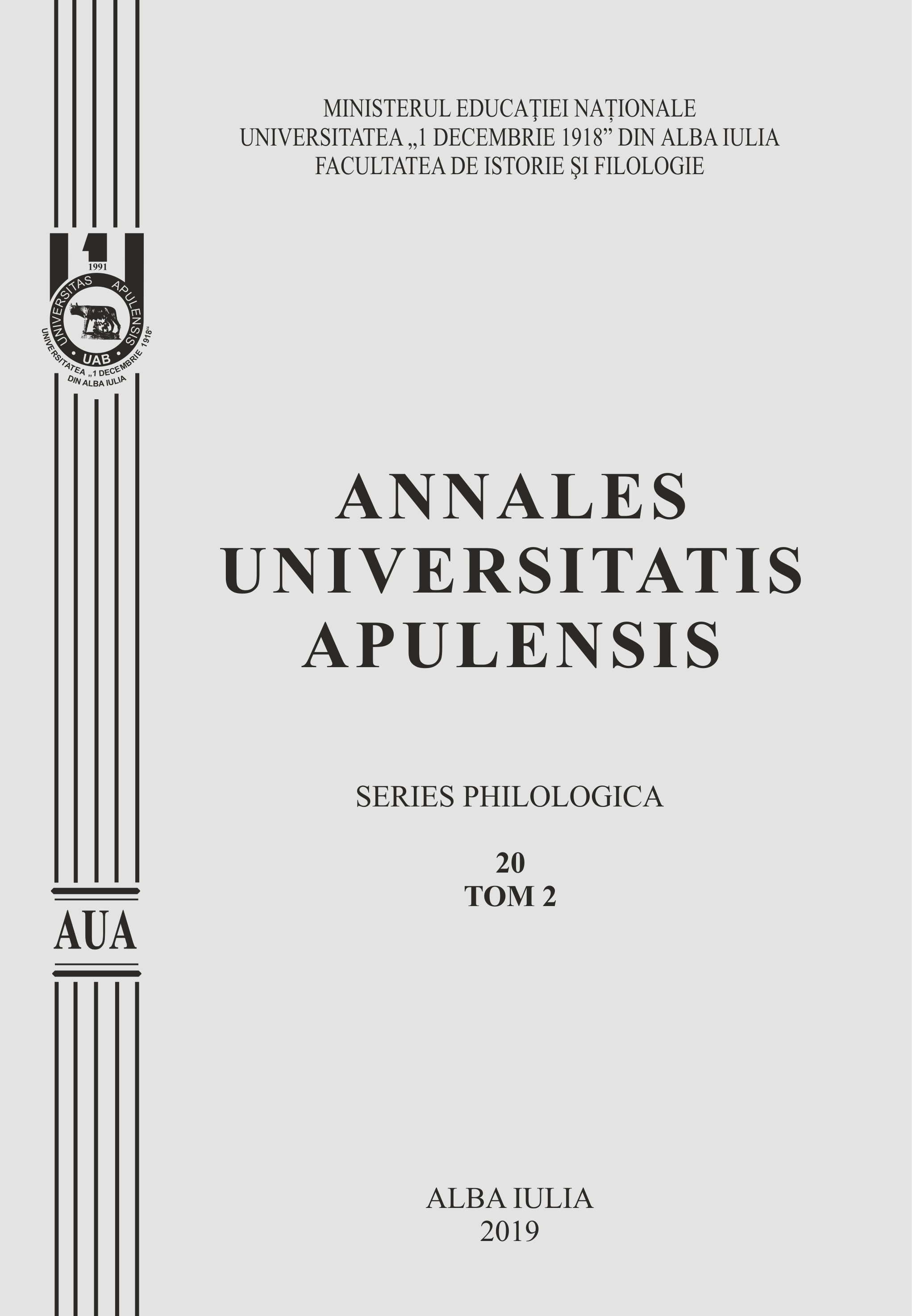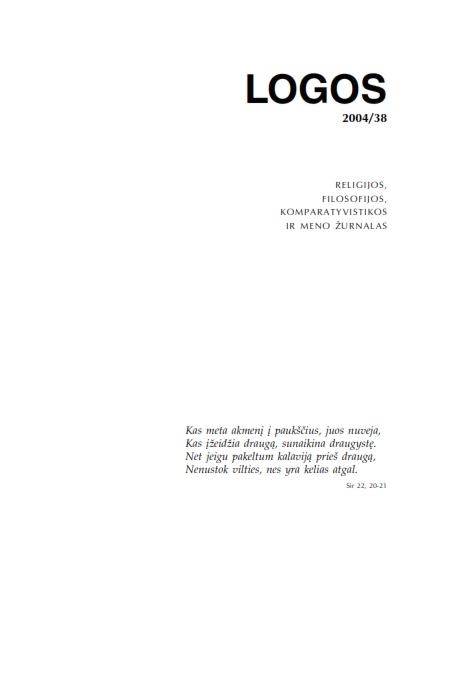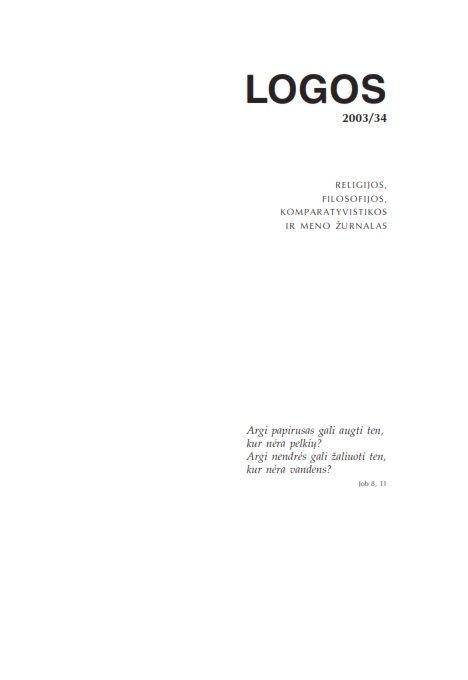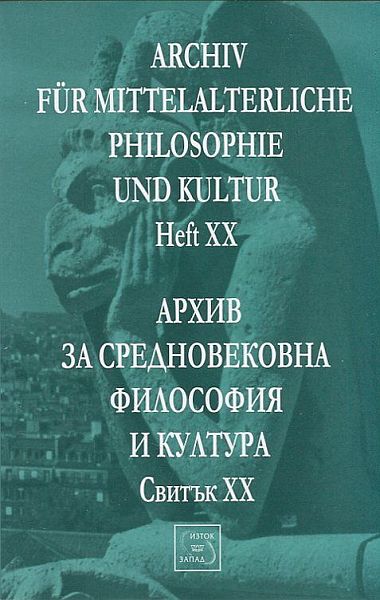
Категорията „отношение“ като структурен момент на историчност във византийската философия
The metaphysical intuitions, which dominate Byzantine mental culture, favor exactly that, which is considered inferior and secondary in Neo-Platonism, namely, individual existence and movement. The concept of the ontological structure of creation is extremely dynamic. This dynamism stays behind the strategies of some of the Byzantine commentators of Aristotle for interpreting the category ‘relation’. They develop the ideas of Porphyry and Olympiodorus, who try to find a general explanatory model, in order to integrate all types of relations (potential and actual, unilateral and reciprocal) into one coherent system. John Damascene, Photios and Scholarios speculate on different patterns for presenting the last six categories in Aristotle’s list as derivative from the first four. They introduce two important ontological principles, when dealing with the category ‘relation’: 1) relations are manifestations of the essential energy, which is immanent to the essence and is a constant existential activity; 2) created essences are relational, which is why the hypostatical identity, although not relational in itself, is properly expressed through them. By Maximus Confessor one can reconstruct the metaphysical dimensions of these analytical transformations. For him relation is a guarantee and a tool for overcoming the divisions of the world and for its deification. Responsible for this transition is the cognitive capacity of man, which internalizes all the relations of being, thus realizing the eschatological goal of human history.
More...
